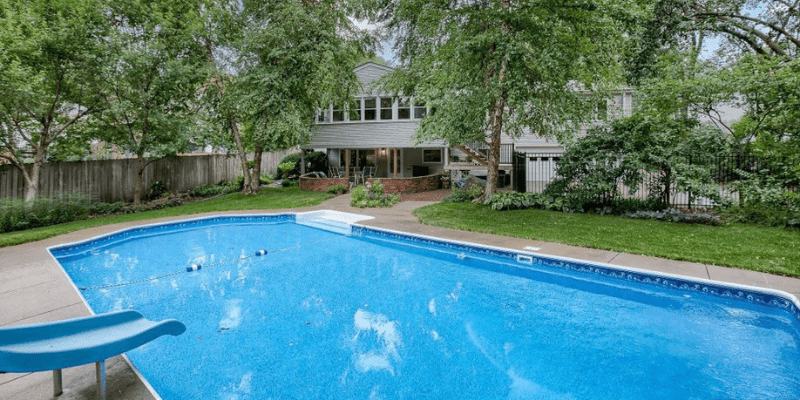Let’s break down the five most common home upgrades that might quietly reshape your insurance.
1.Building an Addition or Extra Living Space
That sunroom you’ve always wanted, or the basement you just converted into a cozy family den, doesn’t just add comfort—it increases your home’s value. With more square footage comes higher replacement costs, which are what insurers use to set your premiums.
If you don’t tell your insurer, your current policy may not stretch to cover the new space in case of fire, storm damage, or another disaster. Translation? Costly repairs on your own dime.
2.A New Roof (The Upgrade Insurers Actually Like)
Unlike most improvements, a roof replacement can actually lower your insurance rates. Why? Because a strong, modern roof offers better protection against water leaks, wind, and structural damage.
Some insurers even reward you with discounts if you choose impact-resistant or fire-resistant materials. Just keep in mind: not all roofing materials are treated equally. Premium tiles may look stunning but could raise costs depending on risk factors.
3.Adding a Pool (Fun Comes With Liability)

Few upgrades shout “lifestyle upgrade” like a swimming pool. But while your home’s value might climb, so does your liability risk. Insurance companies often recommend—or require—increased liability coverage to account for accidents.
In fact, many will insist on fencing, self-locking gates, or other safety features before extending coverage. Forget to update your policy? You could be on the hook for massive bills if an accident happens on your property.
4.Kitchen and Bathroom Remodels
A gleaming kitchen with marble counters, or a spa-style bathroom makeover, can completely transform your home. But those premium fixtures, high-end appliances, and custom finishes also raise your property’s replacement value.
The more it costs to rebuild your home in its current state, the more your insurer may adjust your rates. Updating your policy ensures your luxury upgrades don’t get left out of your coverage.
5.Converting Space Into a Rental Unit or Home Office

The rise of remote work and short-term rentals means more homeowners are reimagining their spaces. Whether you’re turning the basement into a rental apartment or carving out a home office, your insurance needs can shift dramatically.
Home office? You may need added business or property coverage.
Rental unit? Landlord insurance is often a must.
Fail to disclose these changes, and you risk major coverage gaps if tenants or clients are ever involved in a claim.
The Bottom Line
Home improvements breathe new life into your space—but they also create new risks and responsibilities. Before popping champagne over your kitchen reno or diving into that new pool, give your insurance provider a call.
By regularly reviewing and updating your policy, you’re not just protecting drywall and shingles—you’re protecting your investment, your family, and your peace of mind.



